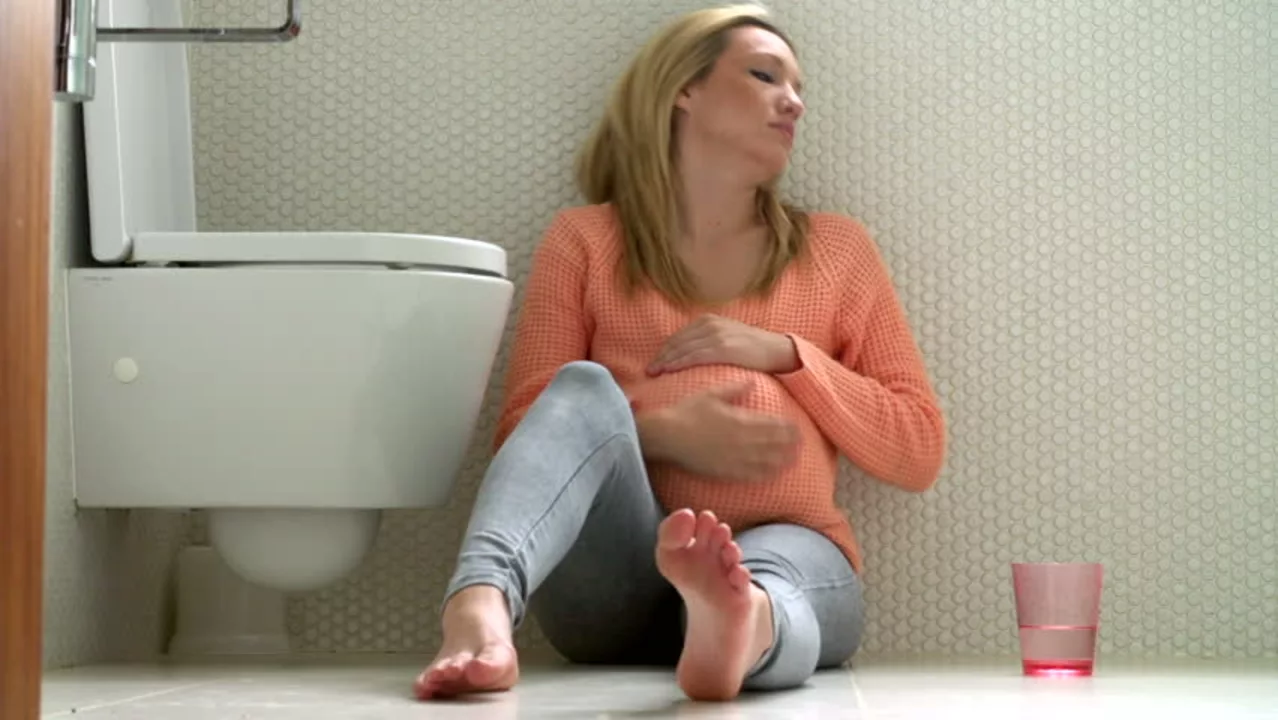Vomiting: Fast help, causes and when to see a doctor
Vomiting is your body's way of pushing out something that shouldn't be in your stomach. It shows up with stomach bugs, food poisoning, motion sickness, certain medicines, pregnancy, migraines, or acid reflux. Most bouts clear up in a day or two, but the right steps early on make a big difference.
Start with simple, practical moves that actually help instead of panicking.
Quick steps to feel better
Stop eating solid food for a few hours and focus on small, frequent sips of clear fluids — water, weak tea, or an oral rehydration solution. If sipping is tough, try ice chips or half-teaspoon sips every few minutes. Once liquids stay down, move to bland items like toast, plain crackers, or rice.
Rest sitting up or with your head slightly raised to lower reflux. Cool compresses or fresh air can calm nausea for some people. For motion-related vomiting, sit where motion is least noticeable (front of a car, over the wing on a plane) and look at a fixed point.
Home remedies that help: ginger tea or ginger candies, peppermint tea, and acupressure wristbands. Over-the-counter meds like dimenhydrinate help motion sickness. Prescription antiemetics such as ondansetron or metoclopramide can stop severe vomiting — talk to a clinician before using them and follow dosing guidance.
Prevention, causes and extra tips
Viral stomach bugs and food poisoning are the most common causes. To lower risk, wash hands, keep raw and cooked food separate, and cook meat to safe temperatures. If a medicine causes nausea, ask your prescriber about changing the dose or switching drugs.
Pregnant people often get morning sickness — try small, frequent meals, avoid strong smells, and consider ginger or vitamin B6 after checking with your provider. Kids and older adults dehydrate faster, so watch them closely and give small sips often.
Travel or activity-related vomiting can sometimes be prevented by planning: eat lightly before travel, sit where motion is minimal, and use preventive meds when needed. If reflux triggers your vomiting, acid-reducing options (discussed in our reflux guides) may help long term.
Watch for dehydration signs: dry mouth, dark or low urine, dizziness, fast heartbeat, or extreme tiredness. If you can’t keep liquids down for 24 hours, or you see blood in vomit, have severe belly pain, high fever, fainting, confusion, or signs of a blocked gut (no gas or stool), seek urgent medical care.
Short bouts usually settle with rest, fluids, and simple rules above. If vomiting keeps coming back, talk to your doctor — there may be an underlying issue that needs treatment. For more on anti-nausea options and reflux care, check our related guides and reviews to find safe, practical choices that fit your situation.
How to dress comfortably while experiencing vomiting during pregnancy
During pregnancy, experiencing vomiting can be challenging, but dressing comfortably can help ease the process. To stay comfy, opt for loose-fitting clothes that are easy to remove, such as oversized t-shirts or dresses. Soft, breathable fabrics like cotton or bamboo are perfect for preventing irritation and keeping you cool. Elastic waistbands or adjustable straps are also great for accommodating a growing belly without causing discomfort. Lastly, having a spare change of clothes on hand helps to stay fresh and clean after any unexpected incidents.






